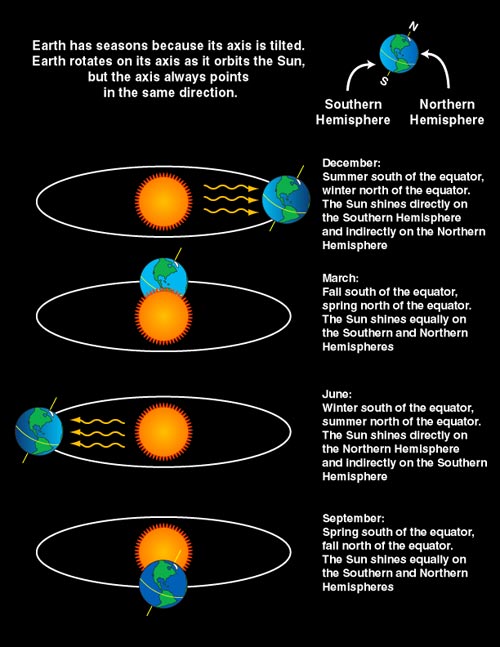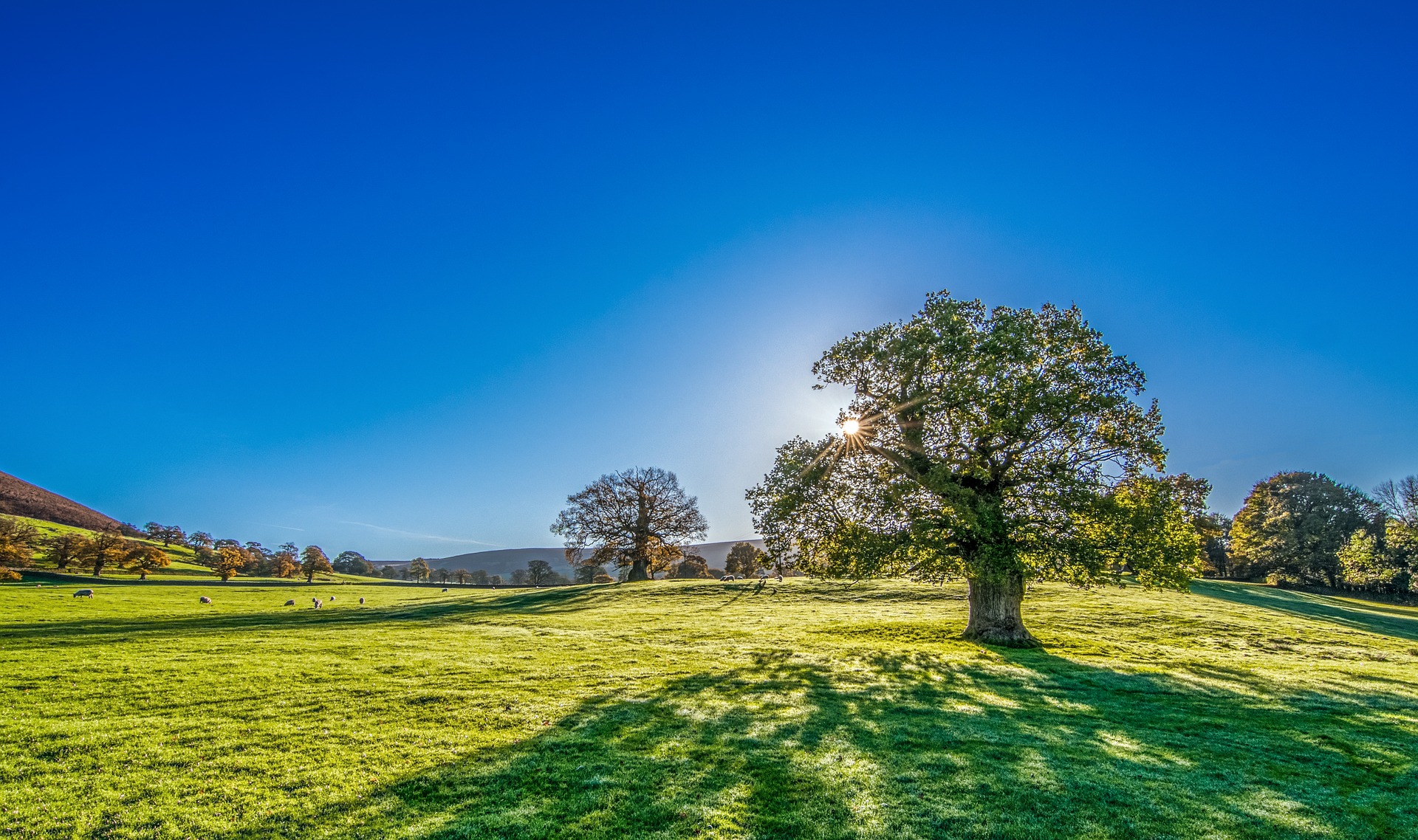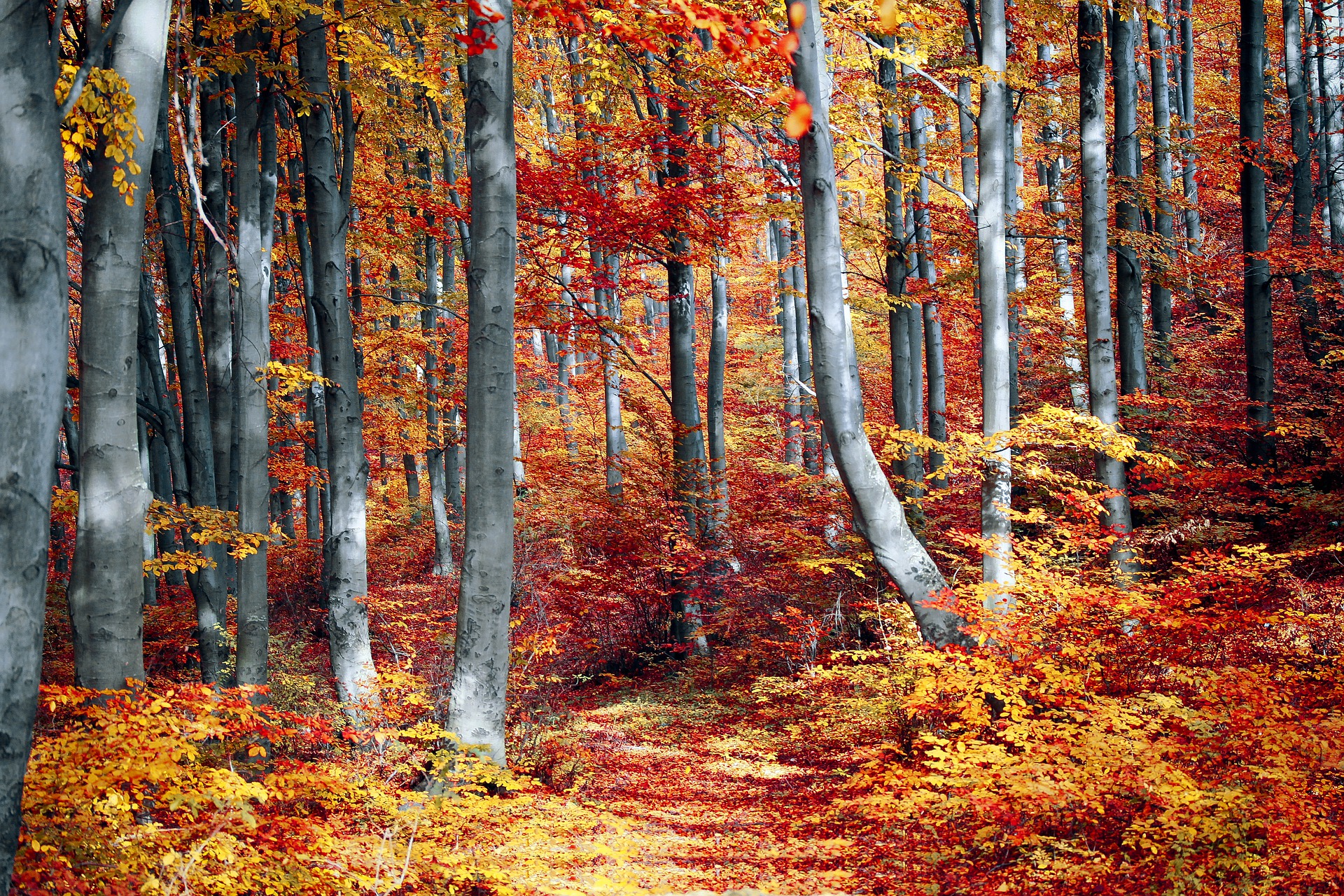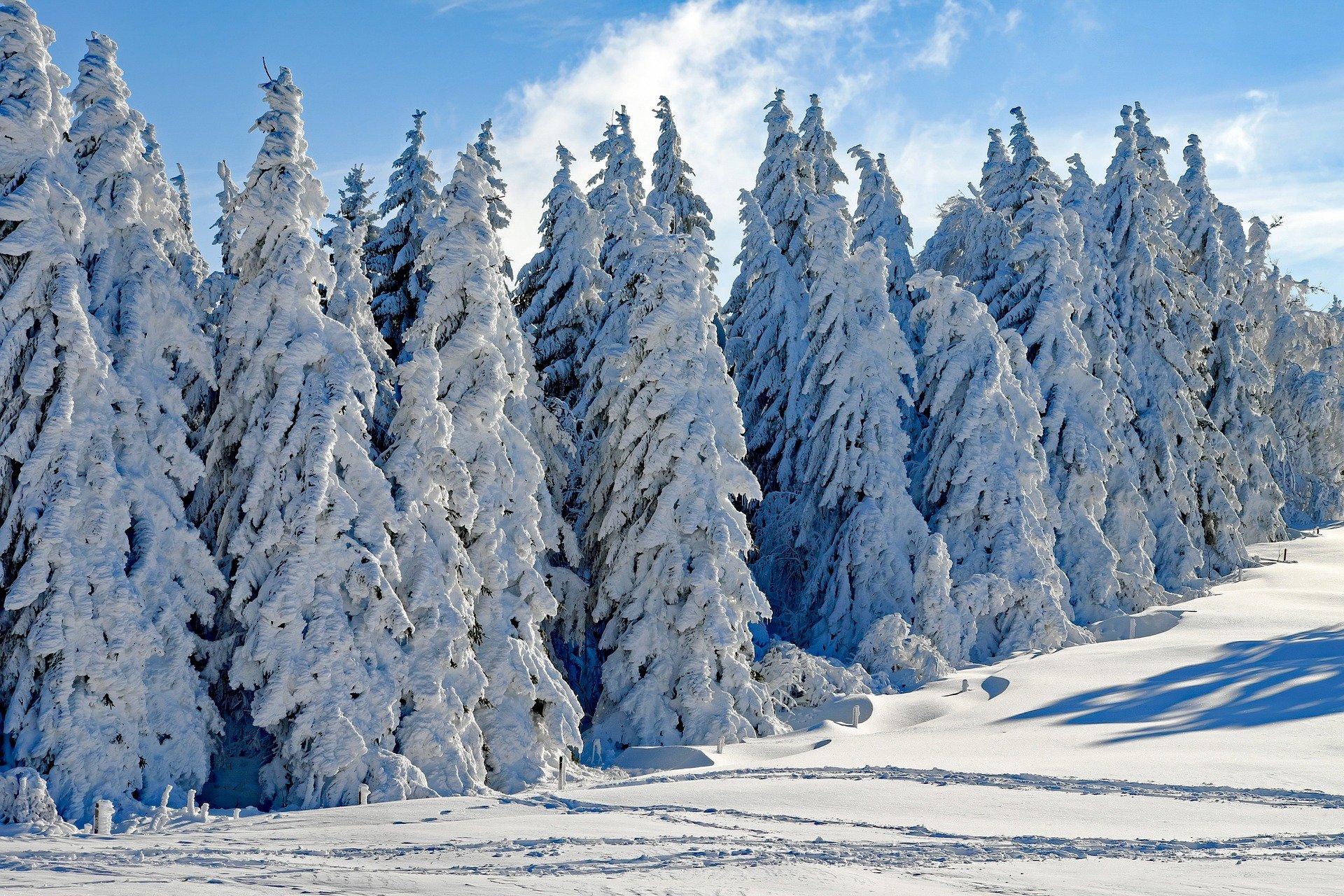Home > Sections > Earth > Earth Seasons
Last Updated: 14th June 2023
ARCHIVED ITEM: this page is no longer updated.
Earth Seasons
Keywords
Spring, summer, autumn, fall, winter, seasons, vernal equinox, autumnal equinox.
Introduction
Everyone assumes that because the Earth has a tilted axis, and that the North pole moves toward and away from the Sun, we have seasons. This is not strictly true.
How Does it Work Then?
Earth's axis is an imaginary line going straight through the centre of the planet, from top to bottom. Our planet then spins around the pole, making a complete turn each day. This gives us the timescale, and the "effect" of day and night.
The main reason we have seasons is because the axis are not upright. If the axis were straight up, we wouldn't have seasons.
What Caused This?
When the Earth was young (a protoplanet), there was another protoplanet that was in a similar orbit to it, called Theia. When they both collided together, it knocked the axis off-kilter. What was left of Theia eventually joined together and formed the Moon. Which is tidally locked to the Earth.
Here is a YouTube video from Eoin Hughes on orbits and seasons:
Explain the Axis
So, although the axis is off-kilter, when it travels around the Sun, it remains in the same place. As this is the case, sometimes the North Pole tilts toward the Sun (around June), and sometimes the South Pole does (around December). When this happens, the respective hemispheres (North and South) have their summer months.
To put this into perspective, when we have our summer in the UK, it is usually winter in Australia. When Australia has their summer, we have our winter.
Interesting fact: although the weather changes depending on the season, seasons may start earlier or later than this. For example, winter doesn't start proper until December 21st, but it is usually cold long before this.
Elliptical Orbit
Due to the fact that no planet has a true circular orbit, Earth's lopsided orbit differs by just over 3 million miles. This doesn't seem much in the grand scale, which is right, as 3 million miles is nothing in terms of the size of space.
Plus, to debunk theory, Earth's aphelion (when it is the furthest from the Sun), happens in July, and the perhelion (when it is closest) happens in January. This proves that the Earth's distance from the Sun doesn't cause the seasons.
What are the Seasons?
Spring: generally a time in the UK for new growth of plants, the weather is starting to warm up slightly. Frosts on the ground are still commonplace until later in the Spring.
Summer: everything is in bloom and generally it is a hot period for the UK. Fruit and vegetables are growing and creating great produce.
Autumn: the season for falling leaves, whereby deciduous plants go into hibernation, autumn has a mixed bag for weather, but it is cooling off.
Winter: in the UK, it is cold, and deciduous trees are now dormant, waiting for spring to come alive again. Sometimes it snows, but not every year.
Here is a YouTube video from Cognito on the seasons:




 Earth
Earth




